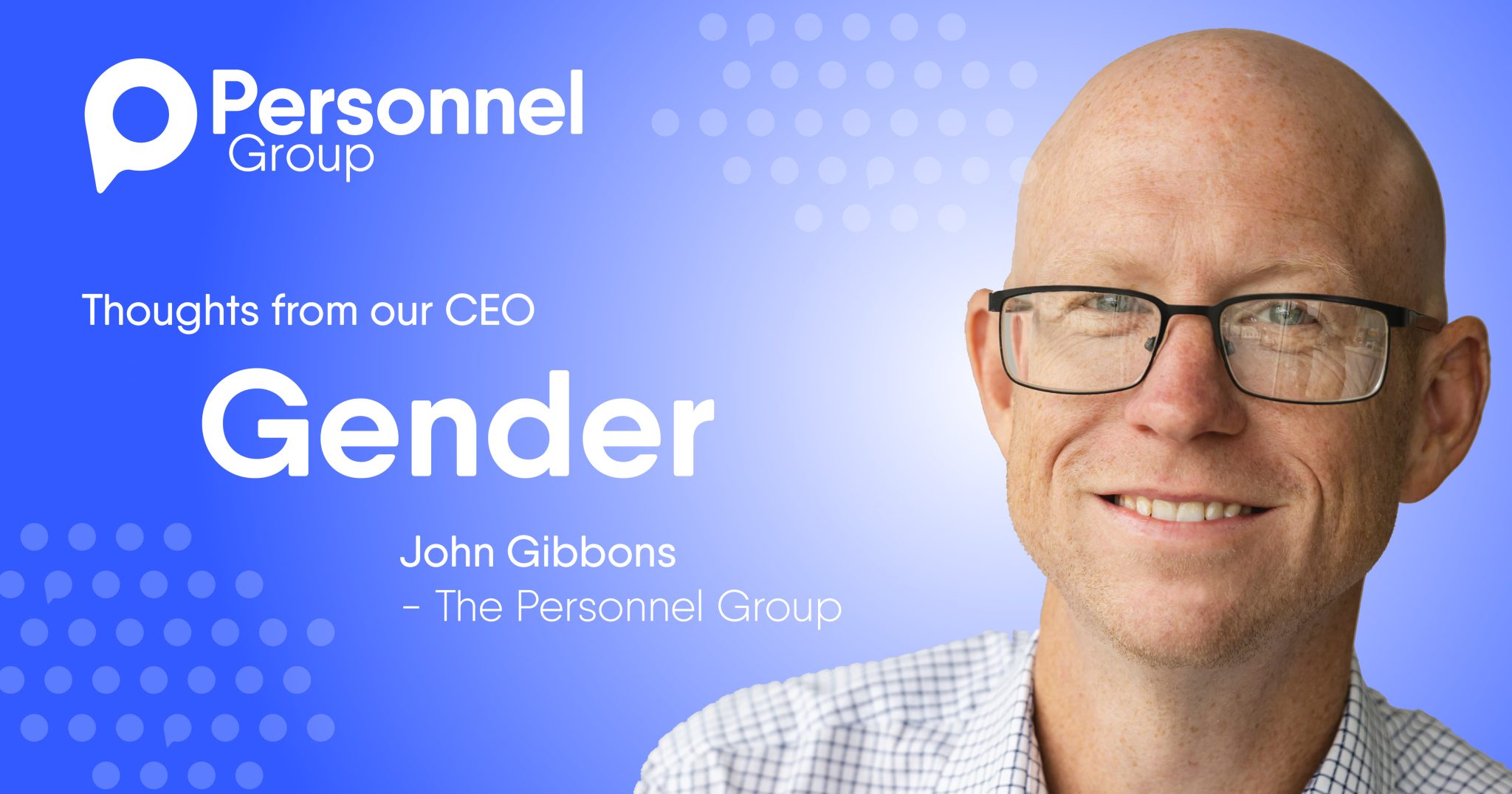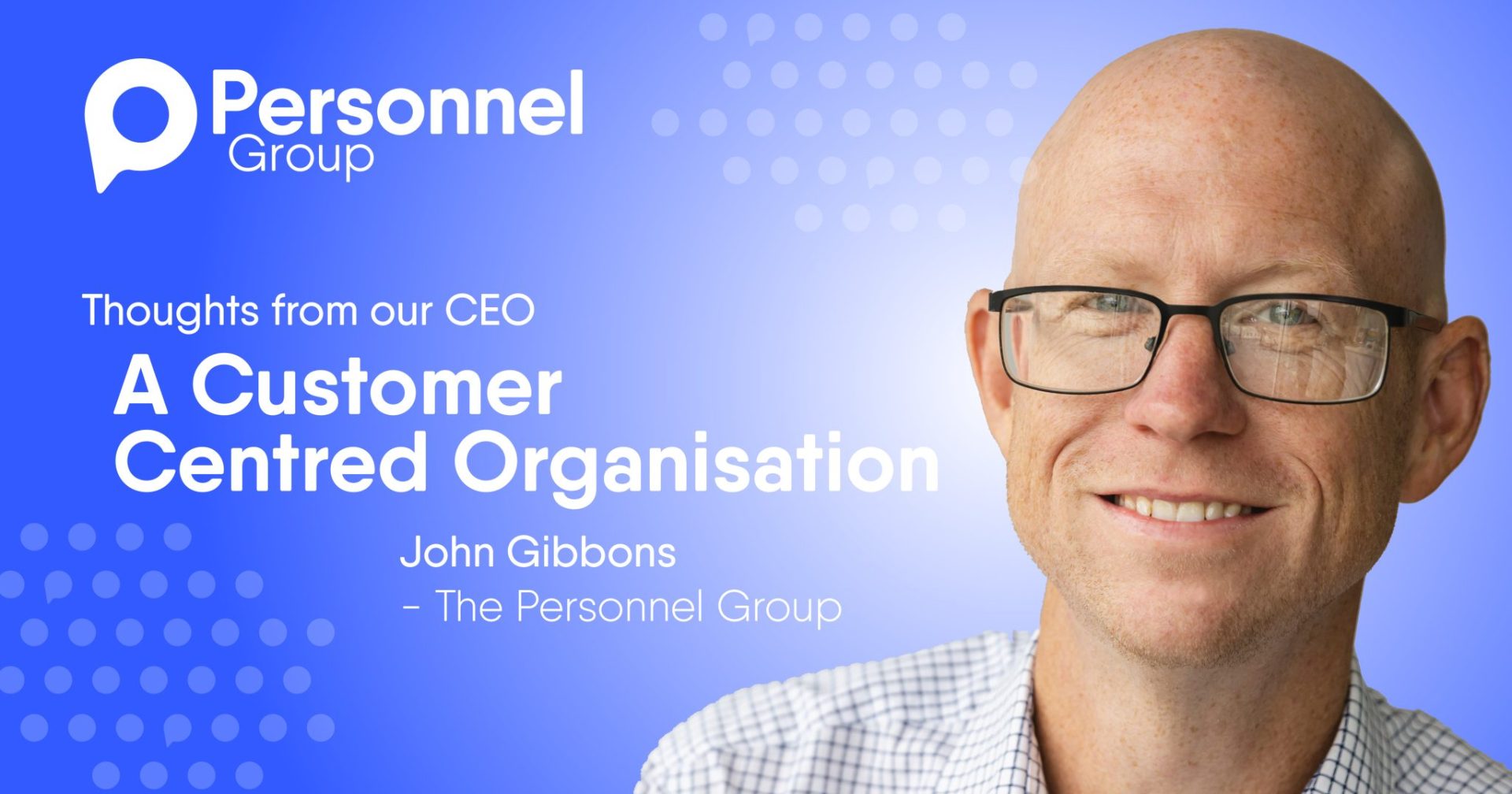Gender

Gender
May 1 2023
5min read
This fortnight I attended a production of Suzie Miller’s award-winning play Prima Facie at HotHouse Theatre in Wodonga. The performance portrays a successful sexual assault defence lawyer, who herself becomes the victim of sexual assault and must navigate the law from the other side of the bench. It is a powerful commentary on sexual consent and on gender bias.
While most employers understand the advantages of having a diverse workforce, promoting the many benefits of employing a person with a disability goes hand-in-hand with what we d
The play left me thinking deeply about gender, and societal norms that provide a negative gender bias. That it is not just individual, prejudiced opinions that perpetuate the bias, but in some instances, it is societal structures, including the law at fault.
Within my role I most directly see and understand the impacts of gender bias through the lens of the labour market. The way gender impacts a person’s opportunity for reward and recognition, promotion, and opportunity.
As a person passionate about equality, I intrinsically believe that a person’s gender should have absolutely no impact on their experience of employment. I like to think that this philosophy drives my decision making, but today I’m thinking about the hidden ways that gender influences – like different perception of a person, driven by expectations of their gender, despite displaying the same behaviour. These perceptions can lead to unintended but none-the-less negative bias.
As a straight, cisgender male, I am not equipped to comment on the experience of someone experiencing such bias, but I can observe that I have been fortunate to work in an industry where gender plays less of an impactful role, than in others. The Personnel Group as an example, has been almost exclusively led by women, with me as our only male CEO to date. We have a predominantly female workforce, and a largely female board of directors. This environment makes it gender less noticeable as a driver of decision making.
Having said this – I don’t think that this means we have gotten it all right. I know that bias still exists, and I know we must be vigilant in challenging it. Most importantly – like with all forms of diversity, the most essential response is to seek the opinion of and listen to the people affected. To get out of our own heads, and to appreciate the perspective of each other.
share

Explore more topics
Career transition assistanceCEO BlogCommunity championsCorporate identityNew CategoryNewsSuccess storiesWorkplace support

Sign-up to our newsletter
Once a month, discover the most valuable information and news on employment and health

